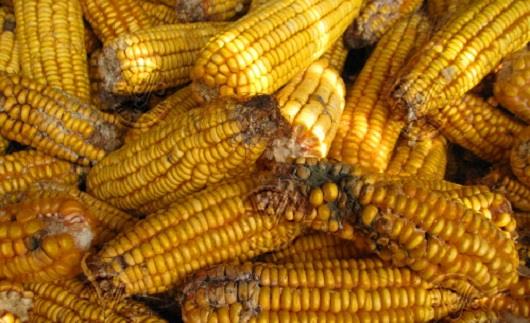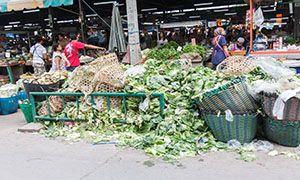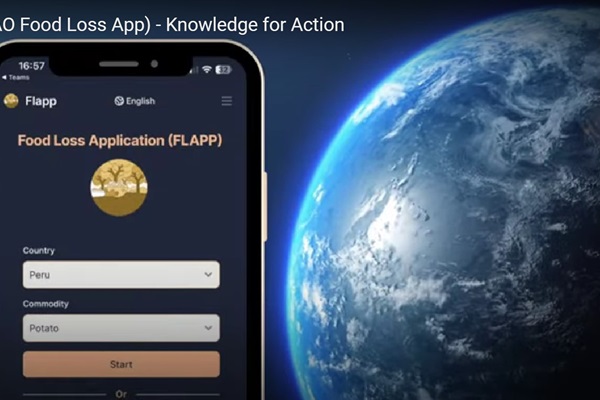Agenda 2030 and the Global Food Loss Index
Agenda 2030 Sustainable Development Goal (SDG) 12 to “ensure sustainable consumption and production patterns” includes Target 12.3 “by 2030, halve the per capita global food waste at the retail and consumer level, and reduce food losses along production and supply chains including post-harvest losses”. FAO is working on the Food Loss Index (FLI) indicator for 12.3. Global Feed LCA Institute (GFLI) covers losses occurring on farms, during transport, in storage and during processing. Currently, losses in retail and households are not covered. The reference unit of measure used by GFLI is dietary energy supply, which is expressed in kilocalories (kcal).
IFPRI Food Losses methodology
The International Food Policy Research Institute (IFPRI) has developed a methodology that aims to improve the measurement of food losses across the value chain (i.e. farmers, intermediaries and processors). This approach not only measures the quantities of food lost, but importantly takes into consideration deterioration in quality, which entails economic losses. The objectives of the methodology are to: gauge the extent of food losses across a wide array of commodities in developing countries; measure both quantitative and qualitative economic losses; (determine the nodes where losses are more prevalent; and identify particular production processes during which losses occur.
Pertes et gaspillage alimentaires
Vidéo d'introduction à l'indicateur ODD 12.3
Frequently Asked Questions (FAQ) on the FLAPP


Food Loss Related News

Data & Tools
FAO Food Loss App (FLAPP)
09/09/2024
Get actionable insights and expert advice on food loss from farm to market, all through the power of data and community-driven solutions

Événement hybride, 's-Hertogenbosch (Netherlands)
15th meeting of the EU Platform on Food losses and Food Waste
19/06/2024
The EU Platform on Food Losses and Food Waste (FLW) was established in 2016, and bringing together EU institutions, experts from the EU countries,...
